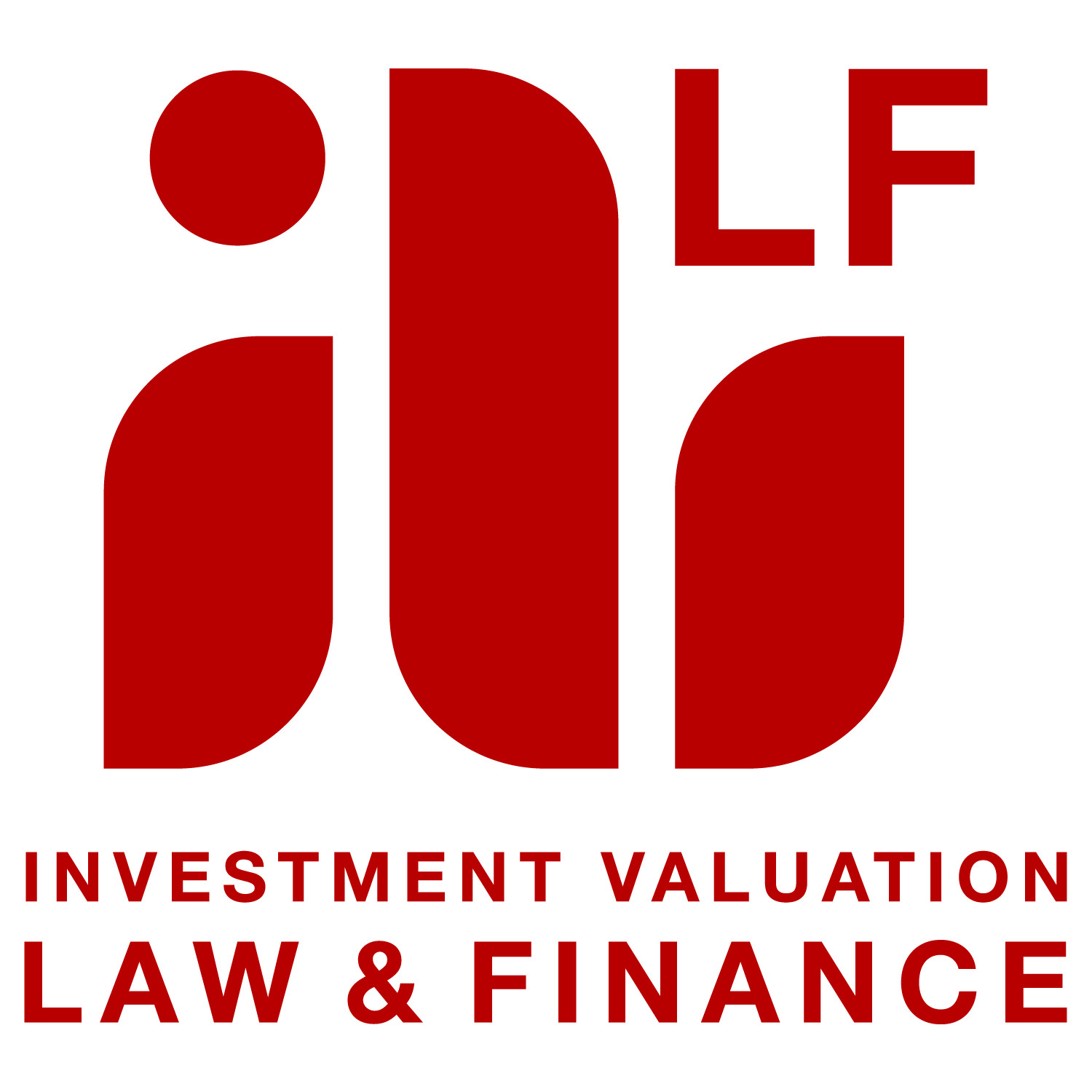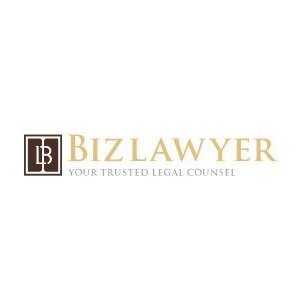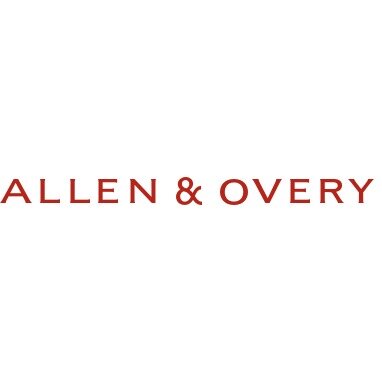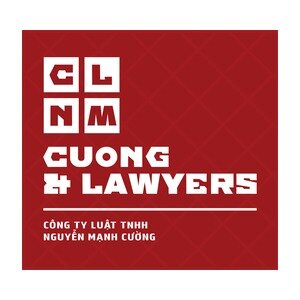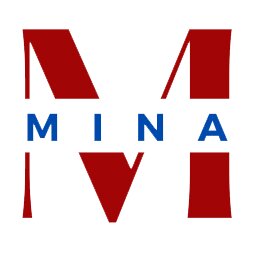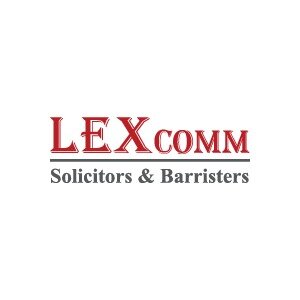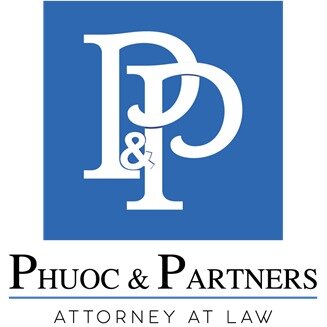Best Funds & Asset Management Lawyers in Hanoi
Share your needs with us, get contacted by law firms.
Free. Takes 2 min.
List of the best lawyers in Hanoi, Vietnam
About Funds & Asset Management Law in Hanoi, Vietnam
Funds and asset management is a growing sector in Vietnam, with Hanoi being one of the major financial hubs in the country. In this context, funds and asset management law refers to the regulatory framework governing the creation, operation, and oversight of investment funds, asset management companies, and related financial services. These laws set the standards for investor protection, fund structuring, licensing, reporting, and compliance obligations. They apply to both domestic and foreign investors, aiming to ensure transparency and stability in the market while supporting the growth of the country’s financial infrastructure.
Why You May Need a Lawyer
Legal issues in funds and asset management can be complex and highly regulated. People may seek legal assistance in various situations, such as:
- Setting up an investment fund or asset management company in Hanoi.
- Complying with local regulatory requirements for licensing and operations.
- Drafting or reviewing fund documents, investment agreements, and disclosures.
- Understanding tax implications for both funds and investors.
- Negotiating transactions or resolving disputes with service providers or investors.
- Dealing with cross-border investment structures or foreign direct investment rules.
- Responding to investigations, audits, or enforcement actions by regulatory agencies.
Because the regulatory landscape can change quickly, and because Vietnamese law can be intricate, consulting with a lawyer ensures compliance and minimizes legal risk.
Local Laws Overview
Vietnam’s funds and asset management sector is primarily regulated by the Law on Securities and its supporting decrees, as well as guidance from the State Securities Commission of Vietnam (SSC). Key aspects of the local legal framework include:
- Licensing Requirements: Asset management companies and funds must obtain appropriate licensing from the SSC.
- Fund Types: Regulations cover public funds, member funds, and other collective investment schemes.
- Foreign Participation: Foreign investors and entities face specific requirements for ownership and operation in Vietnam’s fund management market.
- Reporting and Disclosure: Ongoing obligations exist concerning financial reporting, audit, and disclosure of material information.
- Custody and Safekeeping: Funds must use licensed custodian banks for holding assets and safeguarding investor interests.
- Anti-Money Laundering (AML): Asset managers must comply with local AML laws, conduct due diligence, and report suspicious transactions.
- Taxation: There are specific tax provisions for investment income, capital gains, and fund operations.
Understanding these aspects is essential for anyone participating in fund management or investing in assets in Hanoi, Vietnam.
Frequently Asked Questions
What is the regulatory authority for funds and asset management in Vietnam?
The State Securities Commission of Vietnam (SSC) is the primary regulatory body overseeing funds and asset management activities.
Can foreign investors establish funds or asset management companies in Hanoi?
Yes, foreign investors can participate, but they must comply with specific requirements regarding ownership limits and licensing set by Vietnamese law.
What types of investment funds are available in Vietnam?
Vietnam recognizes several types of funds, including open-ended funds, closed-ended funds, exchange-traded funds (ETFs), and member funds targeted at professional investors.
How are funds licensed in Hanoi?
Funds and asset management companies must submit applications to the SSC, meeting capital, personnel, and operational requirements before receiving a license.
What are the main requirements for fund managers?
Fund managers must meet qualifications, experience, and ethical standards as set by Vietnamese regulations. They must also pass certain examinations and maintain ongoing training.
How are investor interests protected in Vietnamese law?
Regulations require transparency in fund operations, mandatory fund custodian arrangements, regular reporting, and strict segregation of client assets to protect investor interests.
Are there restrictions on investments made by funds?
Yes, Vietnamese law sets limits on investment types, concentration, and sectors to mitigate risks and prevent conflicts of interest.
How is anti-money laundering compliance handled?
Asset management companies must implement AML policies, conduct customer due diligence, and report suspicious activities to authorities.
What taxes apply to funds and investors in Vietnam?
Funds and their investors may be subject to capital gains tax, personal or corporate income tax, and value-added tax on certain services, depending on the nature and structure of the investment.
What happens if a fund or company violates local regulations?
Violations can lead to fines, license revocation, or criminal liability. Regulatory authorities may also require remedial actions or impose operational restrictions.
Additional Resources
For further information and support on funds and asset management in Hanoi, you may consider the following organizations and resources:
- State Securities Commission of Vietnam (SSC) - the main authority regulating securities and fund activities.
- Vietnam Securities Depository and Clearing Corporation (VSDC) - responsible for securities registration and settlement.
- Vietnam Association of Financial Investors (VAFI) - provides industry insights and policy advocacy.
- Vietnam Fund Management Association - represents asset managers and offers professional resources.
- Legal practitioners and law firms specializing in finance and securities law.
Government websites and official gazettes often provide the latest legal updates and official guidance relating to the sector.
Next Steps
If you need legal assistance in funds and asset management, consider these steps:
- Identify the specific issue or transaction you need help with, such as fund establishment, compliance, or dispute resolution.
- Prepare relevant documents, such as corporate records, contracts, or correspondence.
- Consult with a licensed lawyer or reputable law firm in Hanoi with experience in funds and asset management.
- Discuss your goals, timeframe, and any concerns regarding regulatory compliance or business risks.
- Follow through with the lawyer’s advice and ensure ongoing compliance with applicable local laws and regulations.
Legal requirements in this field are complex and subject to change, so timely expert advice is crucial. Taking the right steps early on can help you avoid costly mistakes and ensure successful investment outcomes.
Lawzana helps you find the best lawyers and law firms in Hanoi through a curated and pre-screened list of qualified legal professionals. Our platform offers rankings and detailed profiles of attorneys and law firms, allowing you to compare based on practice areas, including Funds & Asset Management, experience, and client feedback.
Each profile includes a description of the firm's areas of practice, client reviews, team members and partners, year of establishment, spoken languages, office locations, contact information, social media presence, and any published articles or resources. Most firms on our platform speak English and are experienced in both local and international legal matters.
Get a quote from top-rated law firms in Hanoi, Vietnam — quickly, securely, and without unnecessary hassle.
Disclaimer:
The information provided on this page is for general informational purposes only and does not constitute legal advice. While we strive to ensure the accuracy and relevance of the content, legal information may change over time, and interpretations of the law can vary. You should always consult with a qualified legal professional for advice specific to your situation.
We disclaim all liability for actions taken or not taken based on the content of this page. If you believe any information is incorrect or outdated, please contact us, and we will review and update it where appropriate.




